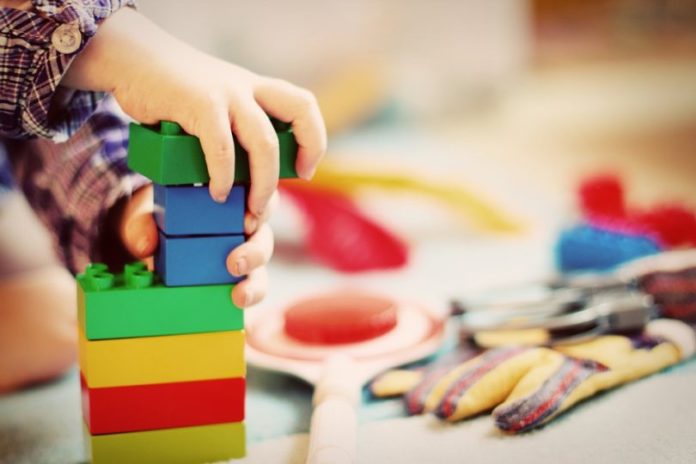Do you have a child with whom you can not go anywhere, because they just do not sit and eat with him all the devil?
With a sigh, he sets himself up again to let the previous one go unfinished, but then throws himself into something else. Most likely it means you have a hyperactive child.
How and when to know if it is a malfunction that needs to be visited by an expert? Functional weakening of the central nervous system is assessed by a psychologist with neurologists who are complementary to the diagnosis.
Basic symptoms of the child after the third year of life
He behaves without restraint and has no self-preservation.
It reacts inadequately and reacts strongly to smaller stimuli.
There is unequal development – he stands out in something and is above his or her age, and on the contrary, he is below.
The most frequently occurring disorders of concentration associated with hyperactivity, which are currently called ADHD (formerly LMD) syndrome.
Speeches
The child is uncooperative, because of his liveliness he can even hurt, he is very restless. He’s always in need of something to play with, has the problem of staying calm for a while, constantly sewing, jumping, running. However, movement is occasionally associated with motoric annoyance. This is a problem with the coordination of movements that disturb it even with everyday activities (dressing, use of cutlery or binding of laces). There is a very unpopular gymnastics at school, especially collective games in which clumsiness spoils scores for their team. Thanks to the clumsiness of a fine motor, problems occur naturally even when writing, drawing, drawing or working. Speech motorism is often disturbed as well, which is manifested in clumsy articulation, which is accompanied by various speech disorders. The child is constantly charged with energy but can not control it. The more he is tired, the more he runs and runs around.
How about him
Important is enough movement, preferably in the fresh air.
Establish a regular daily regimen in which movement and rest activities will alternate
School lessons and lessons are divided into shorter units.
Be tolerant and patient.
Help him find activities in which he can be successful.
It is important to respect the specificity of the child’s personality, therefore, establish a solid set of rules and rules that you will carefully observe.
Pull on and always and consistently.





